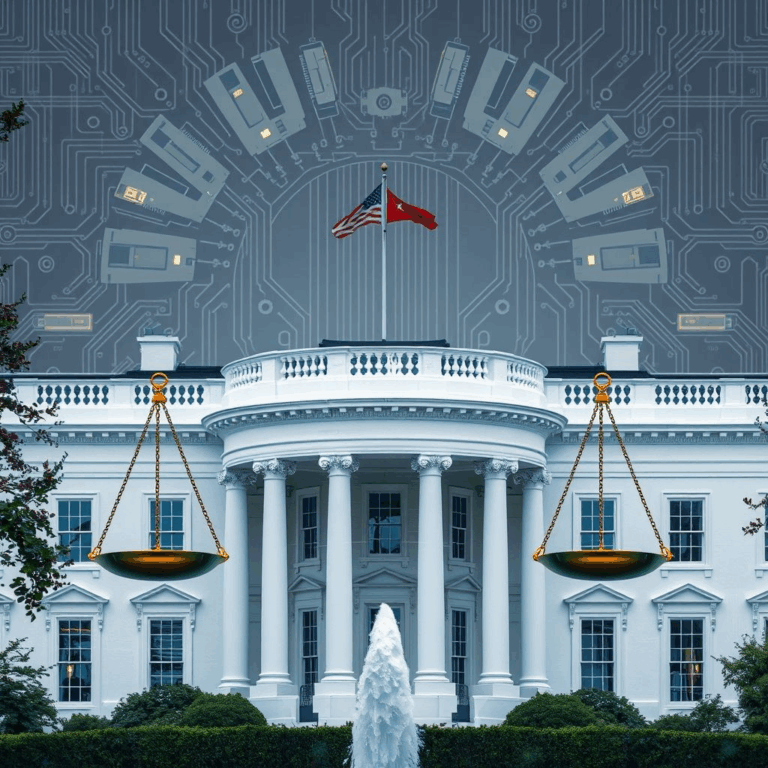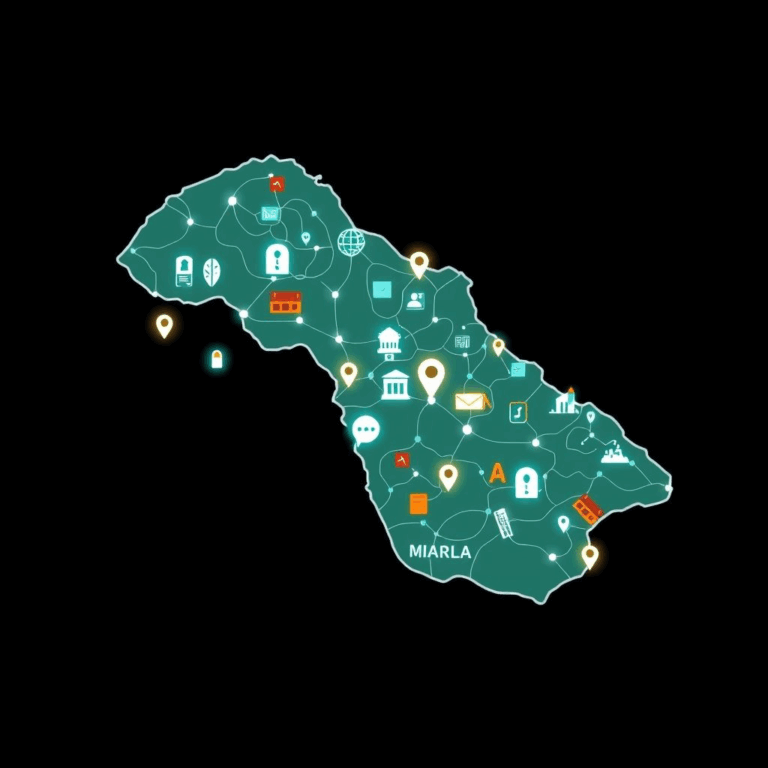Introduction
Italy has emerged as the first European Union (EU) member state to adopt a comprehensive law regulating artificial intelligence (AI), setting a precedent for AI governance across Europe. This law, passed in September 2025, comes at a critical time when AI adoption in business, healthcare, and public services is accelerating. The legislation aims to provide clear ethical guidelines, safety standards, and compliance frameworks to ensure AI technologies benefit society while minimizing risks.
European AI Landscape
The EU has been actively working on AI legislation since 2021 with the AI Act, designed to create a harmonized regulatory framework. The Italian law is aligned with the EU’s objectives but goes further by introducing practical measures for enforcement, criminal penalties, and data governance. Italy’s decision is seen as a pilot approach for other EU nations contemplating AI regulations.
Key Features of the Italian AI Law
- Criminal Penalties for Malicious Use
Individuals or organizations that misuse AI to create harmful content, such as deepfakes or misinformation, face prison sentences of up to five years. The law targets AI applications that threaten personal safety, public order, or economic stability. - Parental Consent for Minors
Children under 14 must receive parental consent before using AI platforms, including chatbots, AI-driven social media tools, or educational software. This aims to protect minors from exposure to potentially harmful AI content. - Copyright and Intellectual Property Regulations
AI-generated content is eligible for copyright protection only if it demonstrates a meaningful contribution from human creators. This addresses concerns about AI replacing creative work without proper attribution or ownership. - Data Mining Restrictions
The law limits AI-driven data mining to non-copyrighted materials or officially sanctioned research purposes. Companies must provide transparency reports on datasets and ensure ethical data sourcing. - Oversight in Sensitive Sectors
Healthcare, education, and public administration AI tools are subject to rigorous ethical audits and operational oversight to ensure safe deployment. The law mandates independent ethical committees for ongoing monitoring.
Implementation and Enforcement
The Italian Agency for Digital Italy and the National Cybersecurity Agency are responsible for enforcing the law. A €1 billion fund has been allocated to support AI startups, cybersecurity initiatives, and responsible AI research.
Reactions from Industry and Experts
- AI Experts: Many praised Italy’s initiative, calling it “a landmark step” in ensuring AI technologies prioritize human welfare.
- Critics: Some argue the fund is insufficient compared to US and Chinese AI investment and that smaller companies may struggle with compliance costs.
- EU Policy Makers: European authorities are monitoring Italy’s implementation closely to evaluate scalability across member states.
Global Context
Italy’s law positions the EU as a global leader in AI ethics and safety. Countries like the US have relied on voluntary guidelines, while China has focused on rapid AI development with strict state oversight. Italy’s approach balances innovation with societal responsibility.
Economic and Technological Implications
The law encourages responsible AI development while incentivizing startups to prioritize safety and ethics. Compliance will be key for companies seeking access to EU markets. Ethical AI governance may also attract international investment.
Challenges and Opportunities
- Challenges: Regulatory compliance costs, potential innovation slowdown, and cross-border coordination with other EU states.
- Opportunities: Positioning Italy as a hub for ethical AI development, attracting global talent, and establishing leadership in AI governance standards.
Future Outlook
Italy’s AI law may serve as a model for other EU countries. Over the next few years, enforcement and practical implementation will determine its success in balancing innovation, safety, and ethical standards.







